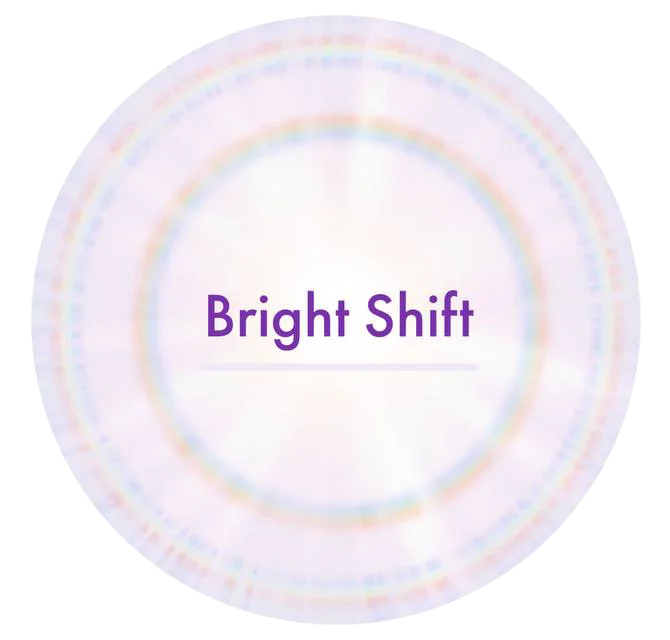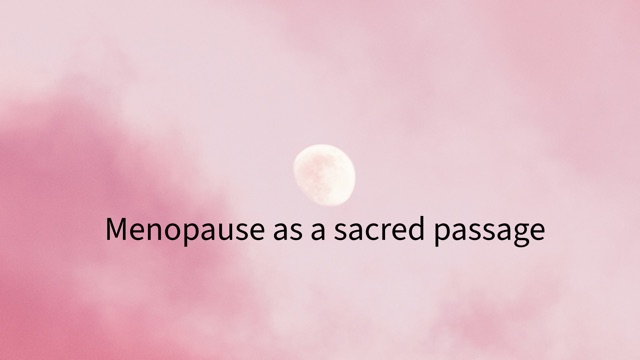Menopause is undoubtedly one of the most challenging phases in a woman’s life. The hormonal shifts bring about a cascade of physical and psychological changes.
Amidst navigating these inner transformations and adjusting to a new version of oneself, women often face an added burden: the societal pressure to conform to outdated ideals of what it means to be a woman.
In cultures obsessed with youth and appearance, aging is rarely seen as something to be honored. Society frequently portrays menopause as a kind of expiration date—an end to a woman’s right to flourish, feel deeply feminine, or living passionately.
But it wasn’t always this way. In many traditional and Indigenous cultures, menopause was not seen as a decline, but rather as a rite of passage into a new, often more empowered phase of life.
In Native American Cultures, Elder women were often seen as wisdom keepers or spiritual guides. After menopause, women were believed to hold greater spiritual power because their life force was no longer tied to fertility, menstrual cycles or childbirth.
The Ancient Celtic Traditions marked menopause as the transition from the Mother to the Crone in the Triple Goddess archetype (Maiden–Mother–Crone). The Crone wasn’t viewed negatively — she represented wisdom, intuition, and the power of the unconscious. In Jungian psychology also, the Crone is the third aspect of the Triple Goddess representing wisdom, intuition, and transformation.
The Crone is free of societal expectations, deeply connected to inner knowing, and becomes a guide or teacher for others. She embraces aging as a deepening rather than a decline.
Post-menopausal women often became healers, storytellers, and leaders in their communities.
In Some African Tribes, among the Kongo people of Central Africa, post-menopausal women could become ngangas (spiritual healers or shamans).
The Traditional Chinese Medicine (TCM) viewed menopause as a natural transition and a time to restore and cultivate “yin” energy.
In this tradition menopause was not feared or pathologized, but supported through herbs, qigong, and diet to ease the body into its next phase.
In some Middle Eastern & Mediterranean folk cultures, older women — could gain social freedom, autonomy, and the ability to speak more openly. Menopause was sometimes seen as a liberation from patriarchal control.
Across cultures and throughout mythology, the menopause transition has been honored as a sacred passage into eldership and embodied wisdom. This transition is not the end of something, but the beginning of a deeper, more sovereign self.
When embraced consciously, menopause becomes an initiation — not into invisibility or decline, but into an integration.
In a culture obsessed with youth, women are often not given permission to age — and certainly not to age with power. But we should rewrite that story.
Menopause is an opportunity for women to explore their truest essence, beyond their physiology.
For a conscious woman who is ready to explore the deeper layers of the psyche, menopause is an opportunity to discover that the Self transcends biology.
The identity of the woman gets a chance to witness its worth, and to realize that its truest essence is not tied to the physical body, fertility, or youthful appearance. It is a stage in life where we can come closer to the Self—or the soul—that is not bound by any physical or biological limitations.
The Bhagavad Gita, the sacred Hindu scripture, describes the nature of that Self so beautifully:
“But the soul is indestructible; spades cannot cut it down, fire does not burn it, water does not wet it, and the wind never dries it. The soul is beyond the power of all such things.”
It becomes a deeply powerful experience, once we accept the rhythm of life and allow it to show us what it has to offer.
In a menopausal woman something ancient is awakening. And the world is longing for this wiser version of a woman.

